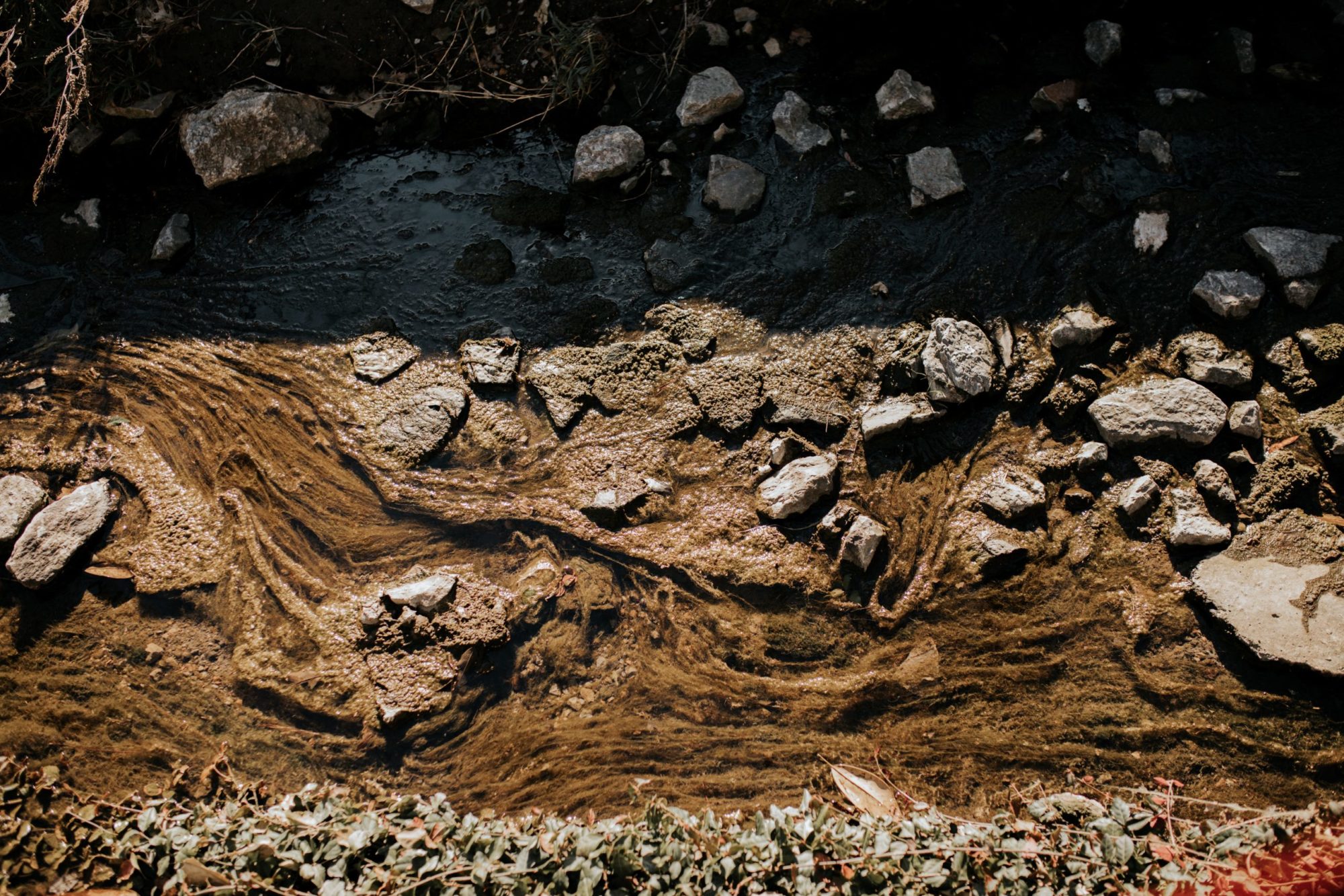On July 9, the Supreme Court ruled in McGirt vs. Oklahoma that roughly half of the land in Oklahoma is a Native American reservation.
The central question of the case was if parts of eastern Oklahoma, nearly half of the state, was land that had been reserved for the Creek Nation since 1833. This land is home to 1.8 million people, many of whom are not Native.
The court ruled in a 5-4 ruling that Oklahoma must honor the treaties that reserve this land for Native Americans.
Justice Gorsuch, who wrote the majority opinion, stated “Today we are asked whether the land these treaties promised remains an Indian reservation for purposes of federal criminal law. Because Congress has not said otherwise, we hold the government to its word.
What happened in the case?
Jimmy McGirt, a member of Seminole Nation of Oklahoma was convicted of “sex crimes against a minor” in state court. McGirt appealed the conviction on the grounds that state court could not try him, as the assault took place on a Muscogee Reservation. According to the Major Crimes Act, Native American people who commit “certain offenses” against the “person or property of another Indian or any other person” are subject to the “exclusive jurisdiction of the United States”. The Supreme Court ruled that the land in Oklahoma on which McGirt committed the crime was in fact Native American land per the treaty, and therefore not under the jurisdiction of state law.
What are the implications?
This case has significant impacts with regards to the criminal justice system and jurisdiction. In an interview with NPR, Kevin Washburn, a member of the Chickasaw Nation of Oklahoma and the dean of the Law School at the University of Iowa, explained that although the Supreme Court ruled that these lands are Native American reservations, the Creek Nation “doesn’t own all the land within the reservation, just like the county doesn’t own all of the lands within the county”. Wasburn stated that reservations are similar to “counties” in describing jurisdictional boundaries.
In terms of the new jurisdiction because of the ruling, Native American people accused of serious crimes “within the boundaries of reservations” (for example, downtown Tulsa) will be prosecuted by the federal government, not the state government. “Less serious” crimes involving Native American people on this land will be conducted in tribal courts.
What does this mean for the Creek Nation?
According to Riyaz Kanji in an interview with Vox, this ruling will “enhance” the Creek Nation’s ability to “provide robust governmental programs and services throughout the Nation”, services which may have been limited if the case had been ruled the other way.
However, this case has significant impacts beyond its legal implications. In the same interview, Washburn stated how “for Indian people, their land is really important, and treaties are really important. They’re sacred. And this reaffirms the sacredness of those promises and those treaties.”
The first line of the majority opinion states “on the far end of the Trail of Tears was a promise”. The Trail of Tears, a horrific act of violence conducted as part of Andrew Jackson’s Indian Removal Policy forced roughly 15,000 Cherokee people living east of the Mississippi River to migrate to Oklahoma–4,000 of these people died due to severe hunger, disease, and exhaustion.
The American government continued to infringe on Native land in Oklahoma throughout the 19th century, and much of the land that was reserved for Cherokee people is now inhabited by people who are not Native American. According to the New York Times, Oklahoma state officials even denied that there had been a Creek reservation in Oklahoma.
Rebecca Nagle, a member of the Cherokee nation and host of the podcast This Land discussed how this ruling provides “an opportunity for us [the Cherokee Nation] to rebuild what we lost as a tribe, and to strengthen our sovereignty that our state, and at times, the federal government hasn’t acknowledged”.
- How can you be a better advocate for survivors this semester? An Interview with the Every Voice Coalition - August 7, 2020
- How are environmental racism and COVID-19 connected? - July 28, 2020
- What is Happening in Portland? - July 21, 2020
